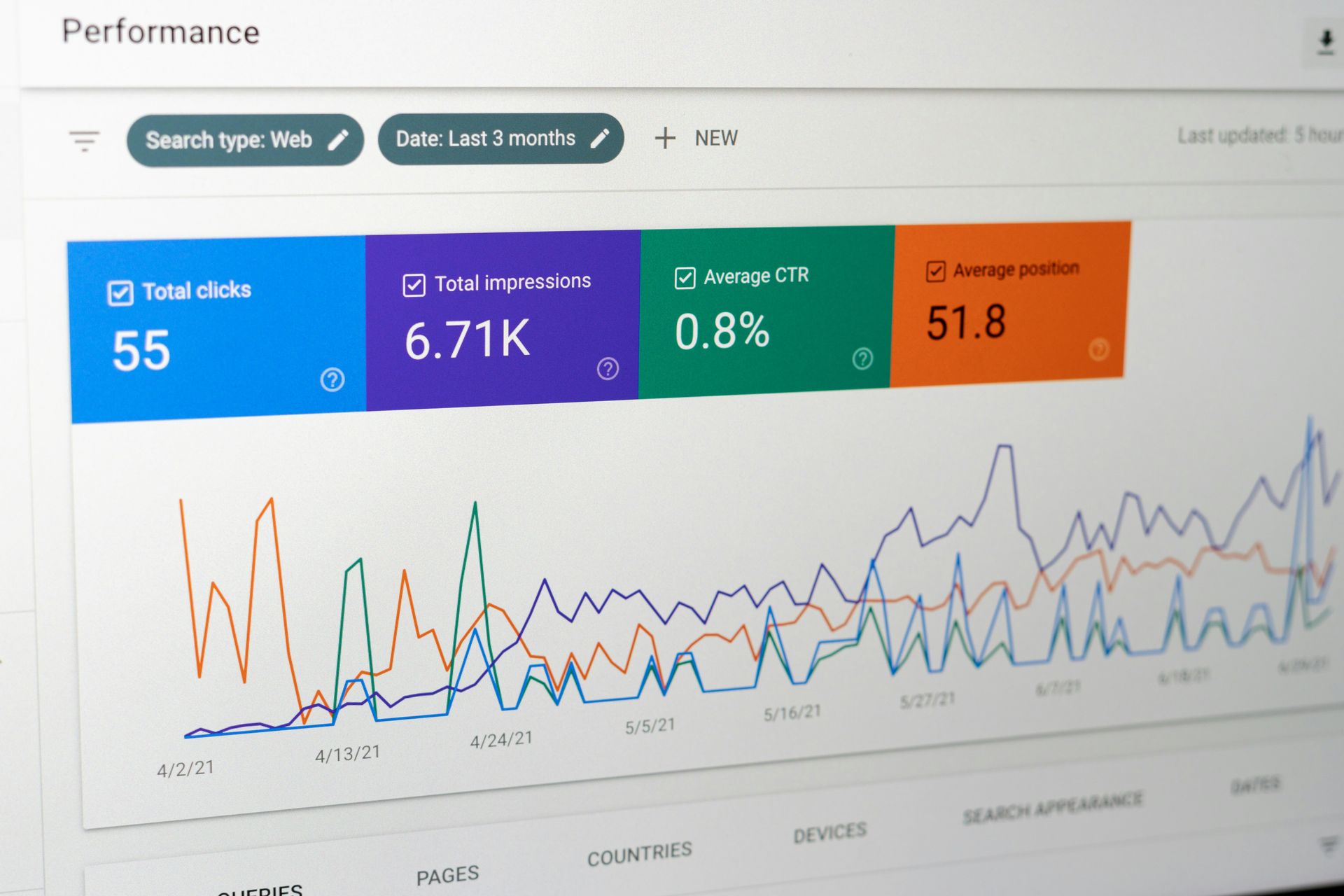The Power of Personalized Marketing: How to Use Data Effectively
Personalization in marketing a powerful tool for fostering deeper connections with customers, improving customer retention, and driving revenue growth.

Here's the thing about marketing: it's not a one size fits all. Consumers are more informed, discerning, and picky about the brands they engage with. As a result, businesses must rethink their marketing strategies, moving from a generic approach to a more personalized, data-driven model. This shift is not just a trend—it’s a powerful tool for fostering deeper connections with customers, improving customer retention, and driving revenue growth.
Personalized marketing uses data to tailor content, offers, and experiences to individual consumers based on their preferences, behaviors, and interactions. It moves beyond broad demographic targeting to create a more intimate and relevant experience for each customer. Let’s take a closer look at the power of personalized marketing and how businesses can use data effectively to create tailored marketing campaigns that resonate with their audience.
1. Understanding Personalized Marketing
At its core, personalized marketing is about using data to understand your customers on a deeper level. This data can come from multiple sources—website behavior, purchase history, social media interactions, email engagement, and even customer service interactions. By collecting and analyzing this data, businesses can segment their audience into smaller, more specific groups based on shared behaviors and preferences.
This allows companies to craft targeted messages, recommend relevant products, and deliver tailored content at the right time, enhancing the overall customer experience. Think about how Netflix recommends shows based on your viewing history, or how Amazon suggests products based on your past purchases—these are prime examples of personalized marketing in action.
2. The Role of Data in Personalization
Data is the backbone of personalized marketing. But it’s not just about collecting data—how you use it matters even more. The key is to gather the right types of data and analyze them to gain actionable insights. Here are some critical types of data businesses can leverage:
Demographic Data: Information like age, location, income, and gender can help marketers segment their audience into broad categories, allowing for targeted campaigns.
Behavioral Data: This data includes how customers interact with your website, what they click on, how long they stay on a page, and what they purchase. By understanding these patterns, businesses can predict future behaviors and offer relevant recommendations.
Transactional Data: Information about past purchases, order history, and spending habits can be used to tailor offers and promotional campaigns to each customer’s unique preferences.
Engagement Data: Email open rates, social media interactions, and customer feedback provide valuable insights into customer interests and preferences, allowing brands to refine their messaging.
3. Best Practices for Using Data Effectively
While data holds immense potential, businesses must ensure they are using it responsibly and ethically. Here are some best practices for leveraging data to create effective personalized marketing campaigns:
Prioritize Customer Privacy: Respecting customer privacy is paramount. Ensure your data collection processes are transparent and compliant with data protection regulations like GDPR or CCPA. Always ask for consent when collecting sensitive data and provide customers with the option to control what information they share.
Create Customer Segments: Use data to segment your audience based on shared behaviors, preferences, or demographics. This segmentation helps in crafting more targeted campaigns that are more likely to resonate with each group. For example, a clothing brand could segment customers by age and offer personalized clothing recommendations for each age group.
Leverage Automation Tools: Personalization at scale can be challenging, but automation tools can help. Tools like email marketing platforms and customer relationship management (CRM) software allow businesses to send personalized messages automatically based on customer data, reducing the need for manual intervention and ensuring timely and relevant interactions.
Test and Iterate: Personalized marketing is not a one-and-done effort. It requires continuous testing and optimization. Use A/B testing to compare different messages, offers, and creatives to determine what works best for each segment. Then, refine your approach based on the results.
4. The Benefits of Personalized Marketing
When executed correctly, personalized marketing offers several benefits that go beyond increasing engagement and sales:
Enhanced Customer Experience: Personalized marketing makes customers feel valued and understood, creating a more positive experience. Customers are more likely to engage with brands that provide relevant content or offers based on their individual preferences.
Increased Conversion Rates: By delivering tailored recommendations and relevant offers, businesses can increase the likelihood of conversion. For example, if a customer has shown interest in a particular product, sending a discount for that item may encourage them to make a purchase.
Stronger Customer Loyalty: When customers feel like a brand understands their needs and preferences, they are more likely to return. Personalization fosters trust and creates a stronger emotional connection with the brand, which leads to repeat purchases and long-term loyalty.
Conclusion
The power of personalized marketing lies in its ability to leverage data to create meaningful connections between businesses and consumers. By collecting and analyzing the right data, brands can craft targeted, relevant experiences that resonate with customers on a deeper level. As customers continue to demand more personalized experiences, businesses that embrace data-driven marketing will have a distinct competitive advantage.
However, personalization is not just about utilizing data—it’s about using it responsibly and ethically. Brands must prioritize customer privacy and ensure that their efforts to personalize marketing campaigns enhance the overall customer experience rather than detracting from it. Done right, personalized marketing can drive significant business growth and foster lasting relationships with customers.


